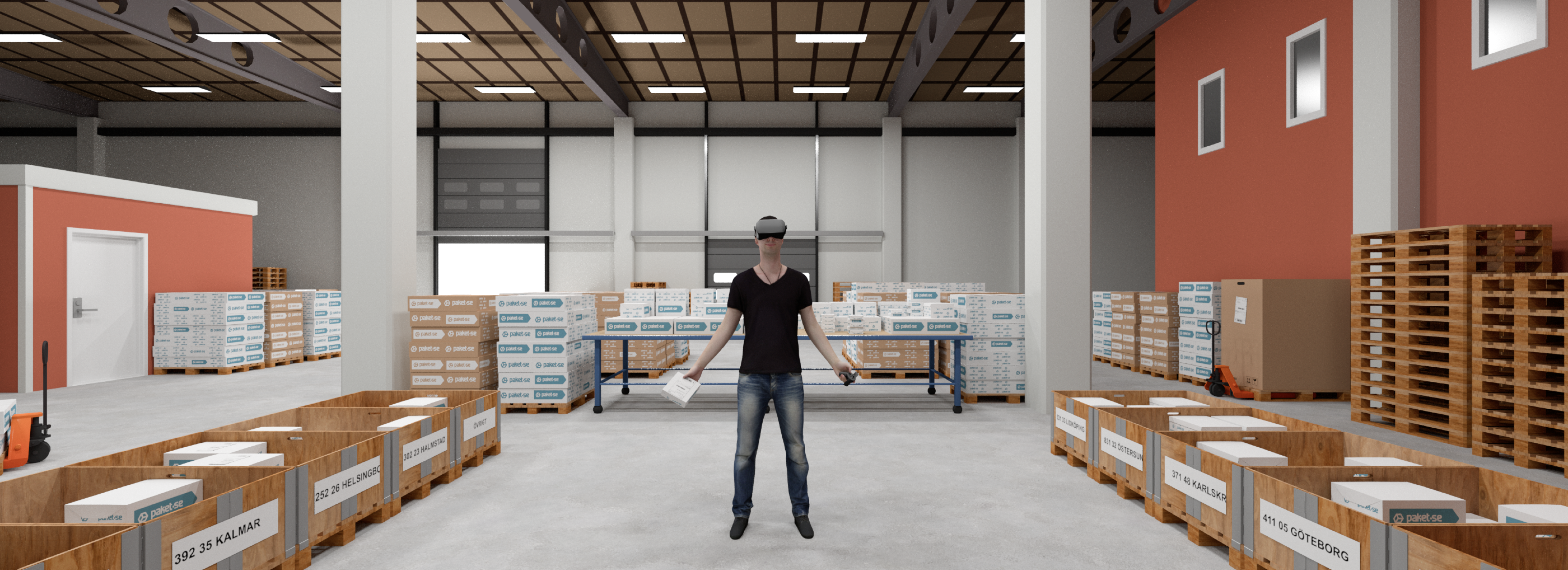
TRAINING IN VIRTUAL REALITY
What makes VR training unique?
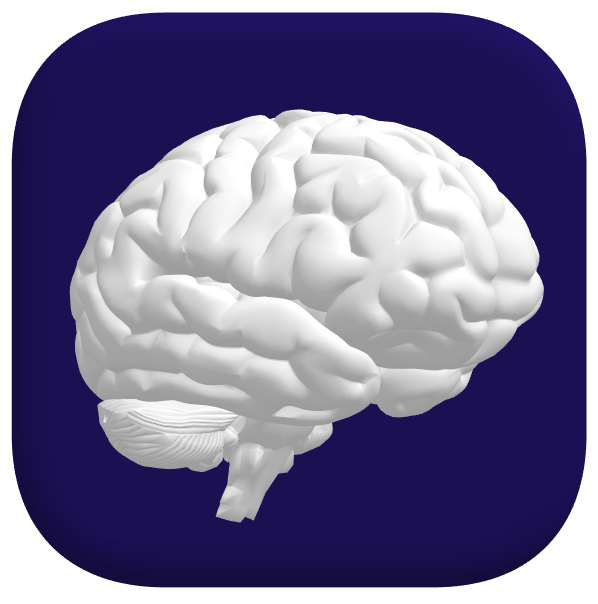
Neural Pathway Activation
It activates the same neural pathways in the brain used when interacting in the real world.

Unlimited repetition
Repeat a procedure as many time as needed for sufficient learning in a safe environment.

Real-time feedback
Get real-time feedback on the decisions you make and see the consquenses.
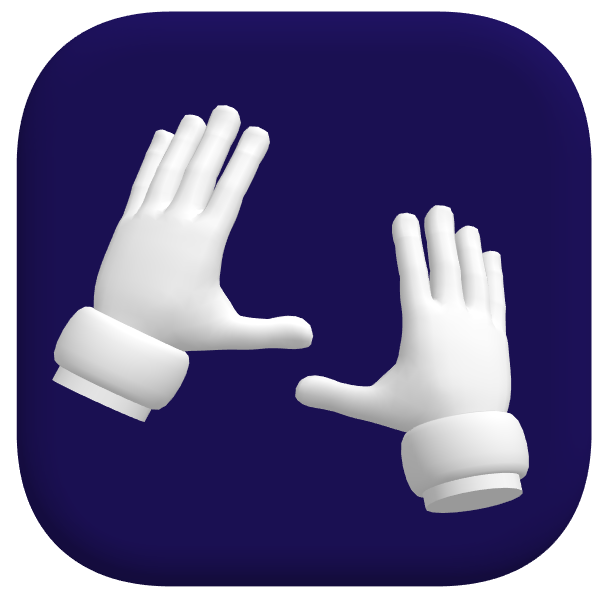
Muscle Memory Training
Train your muscle memory by doing the same movement that you would do in real life when working.
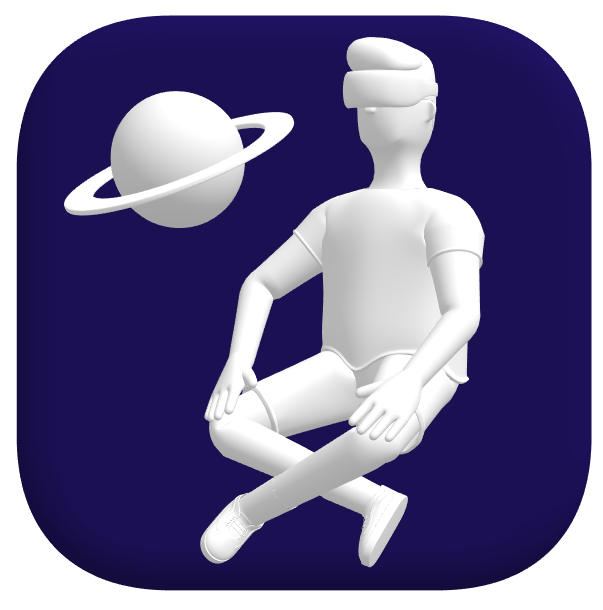
Feeling of Presence
It creates presence, meaning the brain will interpret the experience as real life.
Safety Guaranteed
Perform tasks that are too dangerous or difficult to pracitce in real life.
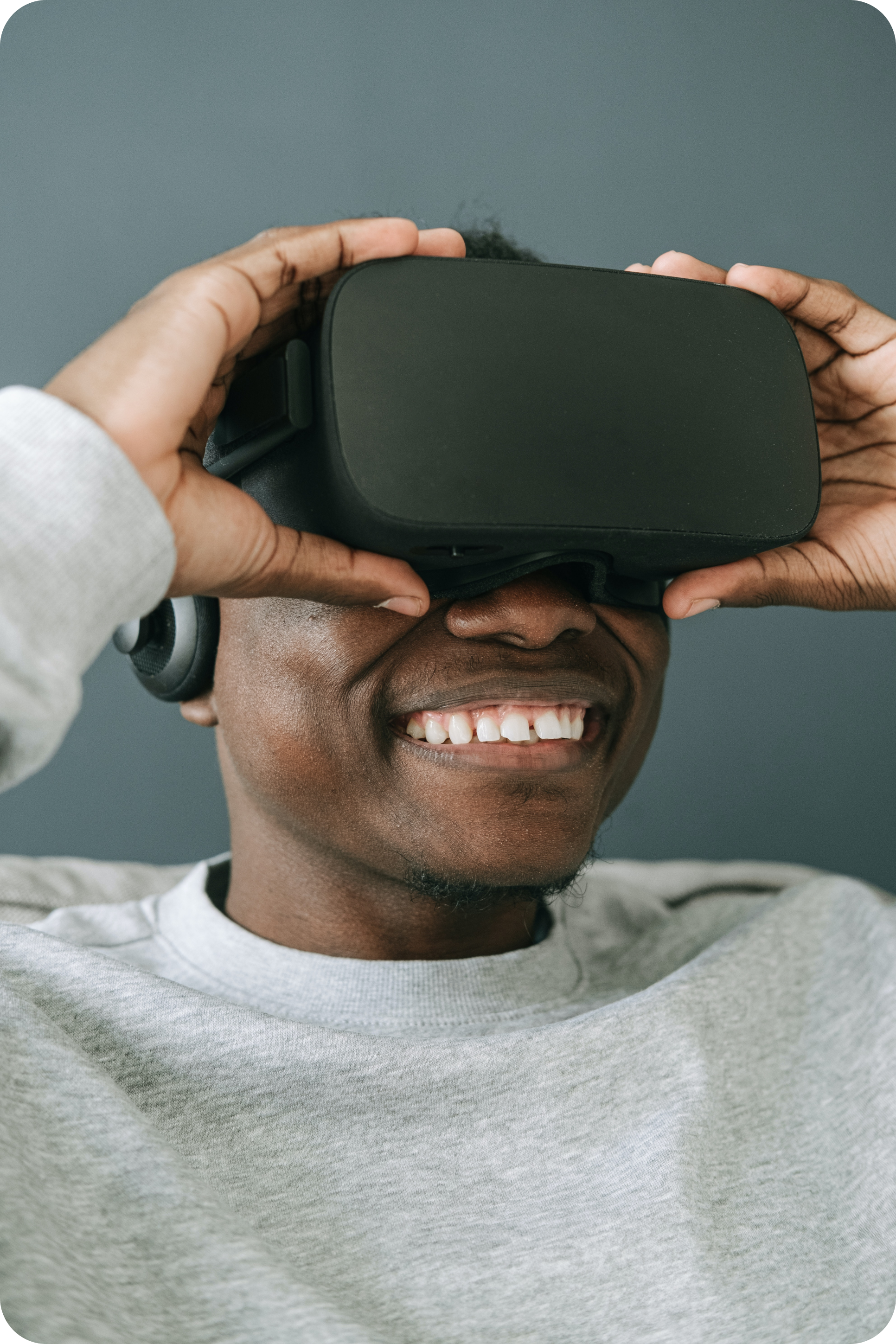
Putting on the headset
All distractions around you disappear when you put on the VR headset, making sure you can have all your attention on the experience. This leads to higher focus.
A PWC study found that VR learners are 4x more focused than their e-learning peers
Immersing yourself in an environment
The 360 experience in VR makes the brain think that it's real even if you logically understand that it isn't. This leads to higher emotional engagement in the learning.
National training laboratories found that VR learners have 27% stronger and 34% longer emotional engagement compared to 2D screens.
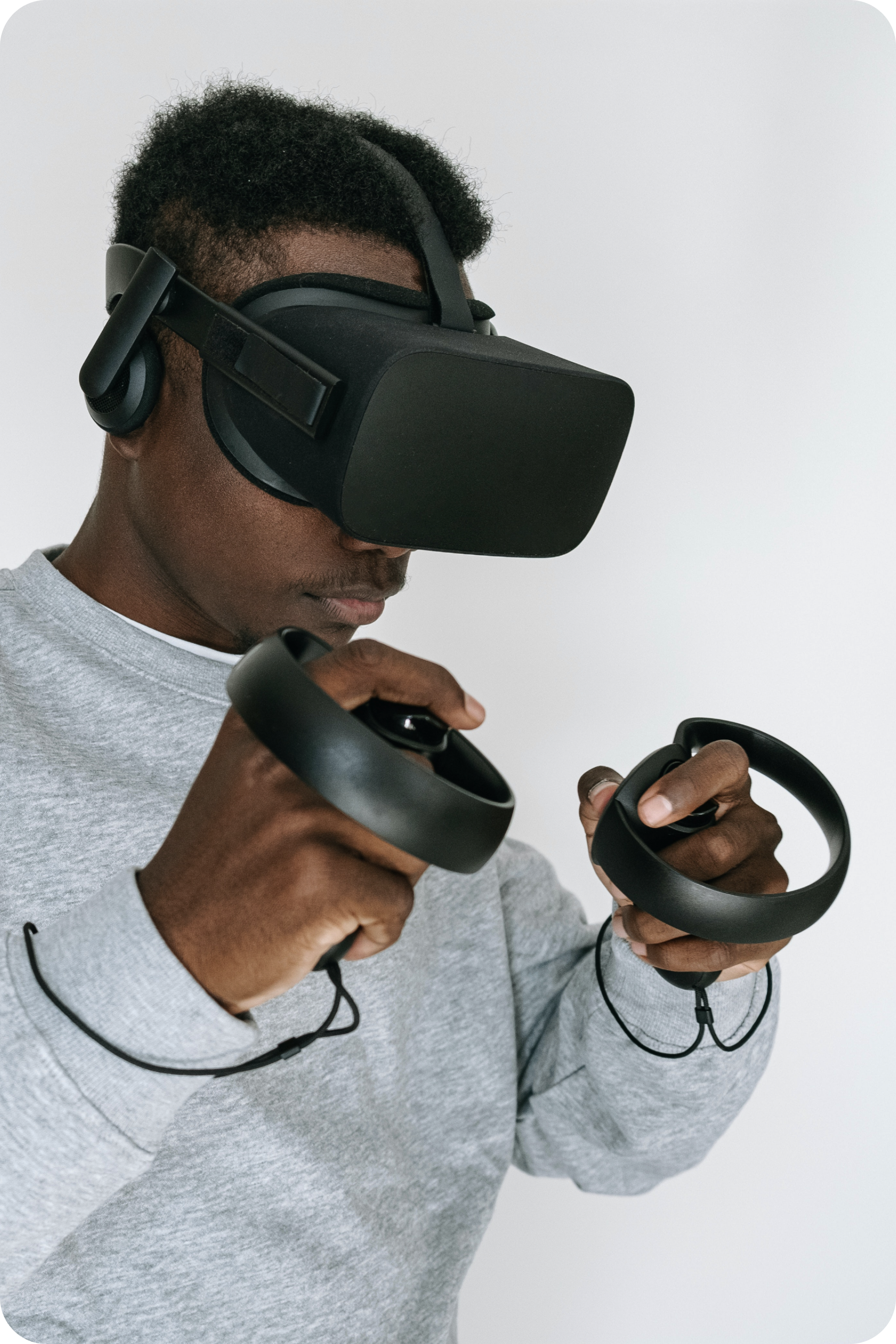
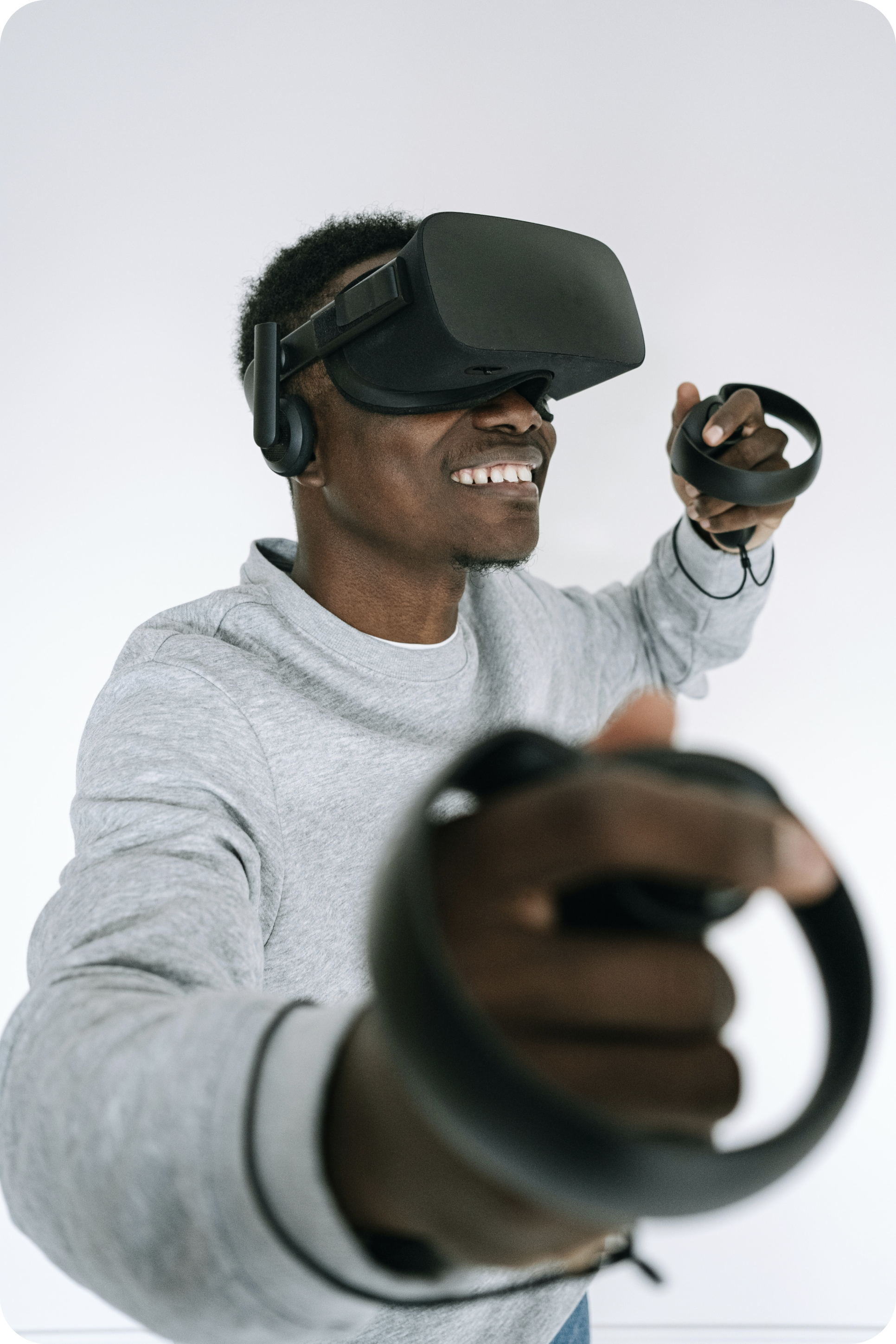
Interact with the environment
The controllers let us create interactive tasks where learners can train muscle memory. You are doing the same muscle movement you would do in real life at work. This leads to higher confidence in applying skills.
A PWC study found that VR learners are 275% more confident to apply skills learnt after training compared to the classroom.
The fun factor
We know this isn't as easily quantifiable and we have no studies to back this up, but we're pretty sure that most people think training in VR is a lot of fun!
This should reinforce all of the other benefits we've talked about like higher focus and stronger emotional engagement.
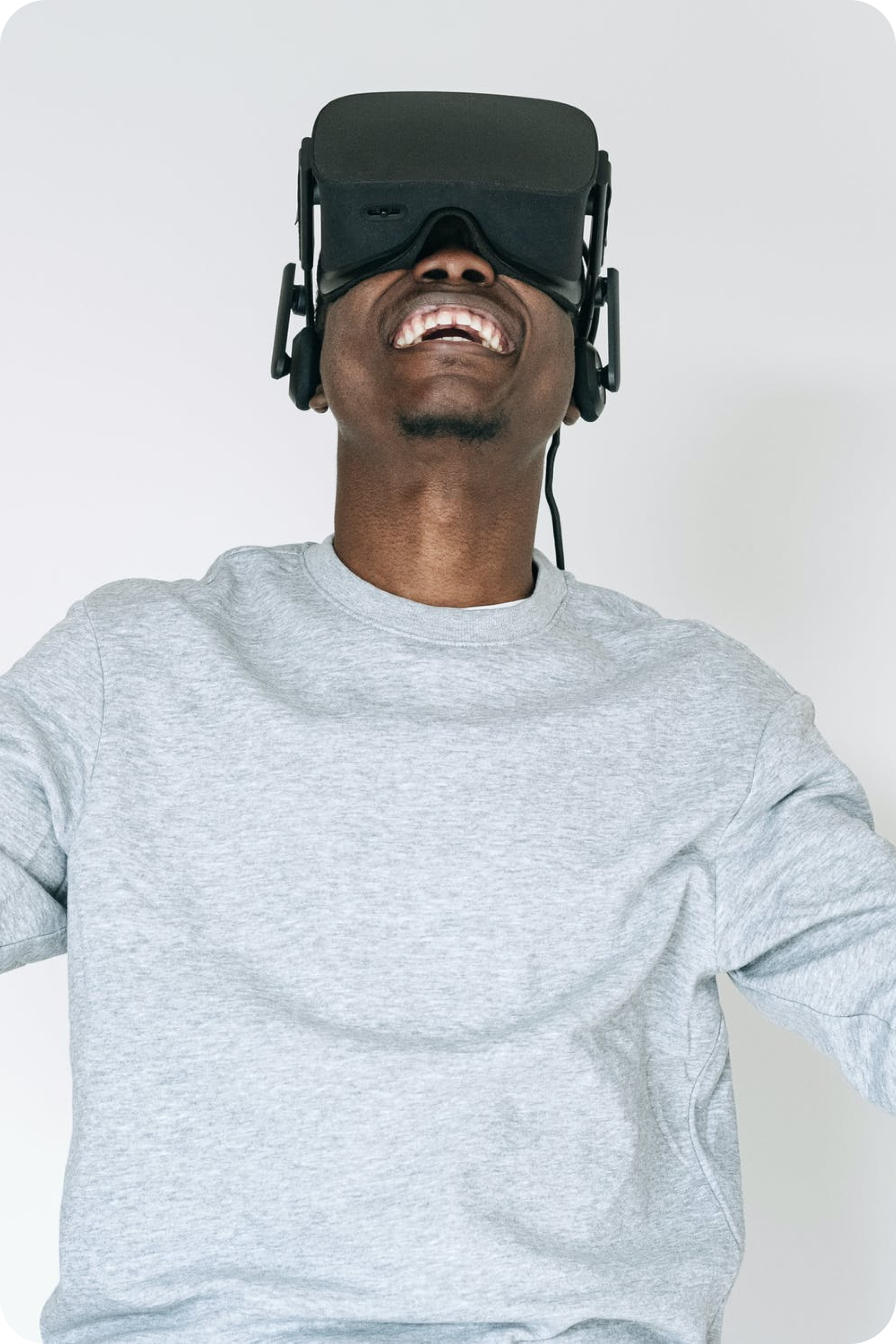
All of these benefits combined leads to...

Less time spent on learning
PWC concludes that VR learners are 35% faster than their e-learning peers


Higher retention rates
NTL institute concludes that VR learning leads to 75% higher retention than 2D screens

If your learners spend less time on learning while at the same time remember what they learned better, this ultimately leads to saved money.


80%
cuts on costs.
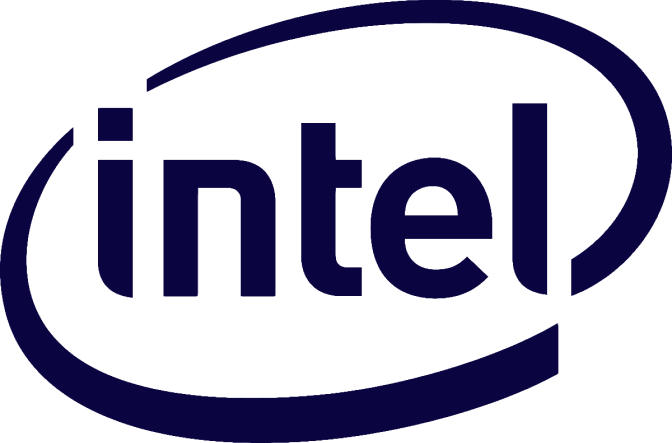
300%
ROI on VR investments.
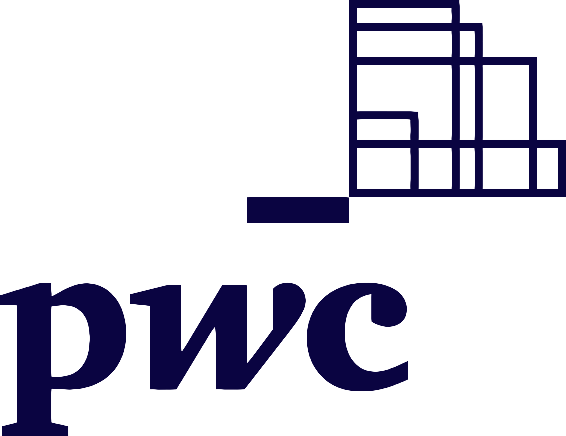
52%
more cost effective than classroom learning.
VR PLATFORM
OFFICE
Eriksbergsgatan 8A
114 30 Stockholm
Sweden
